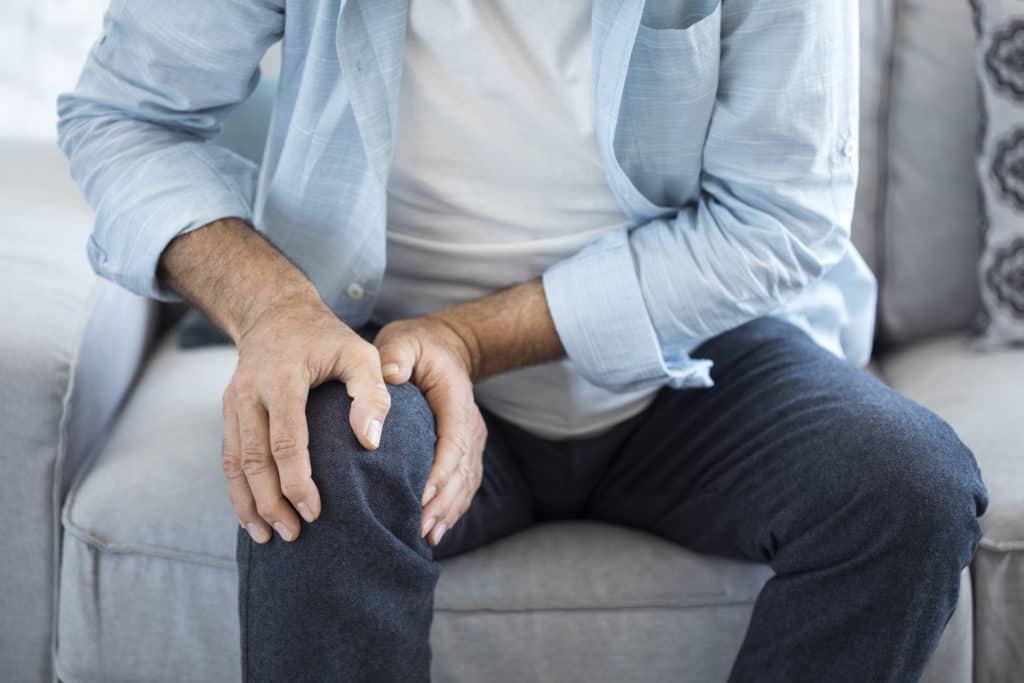
Knee arthritis affects more than 14 million individuals in the U.S. Its effects can be gradual, and, as time passes, the pain associated with arthritis can start to limit your daily activities. In fact, about 43 percent of people with arthritis report some level of hindrance.
Aching knees are one of the most common symptoms of osteoarthritis. This is especially impactful because your knees are an essential joint in ensuring your ability to walk or run and remain active.
Knee replacement is one of the most successful surgeries performed today. It relieves the pain and stiffness from arthritis. In knee replacement surgery, worn-out cartilage is replaced with metal and plastic components. Most people assume that the only option is total knee replacement, where the entire joint is replaced. But if there is healthy cartilage to preserve, patients should inquire about a partial knee replacement.
There are three compartments to the knee: the inner (medial), outer (lateral), and kneecap (patellofemoral). In knee osteoarthritis, the cartilage protecting the bones of the knee slowly wears away. This can occur throughout the knee joint or just in a single area of the knee. Partial knee replacement surgery, also referred to as unicompartmental knee replacement, involves replacing only the worn-out parts of the knee. This means that only the damaged area of the knee is replaced, not all parts as is done in a total knee replacement.
Compared to a total knee replacement, a partial knee replacement procedure is performed through a smaller incision using techniques called less-invasive or minimally-invasive surgery. This results in less pain, a quicker recovery, and less blood loss. It often can be performed as an outpatient or short hospital-stay procedure. Also, because the healthy parts of the knee are kept, including all ligaments, many patients obtain greater range of motion and a more natural feeling in the knee.
Good candidates for partial knee replacement have exhibited excellent results, according to research. Recent studies have demonstrated success similar to a total knee replacement and with a lower morbidity rate. Partial knee replacements are now being considered a final solution to knee osteoarthritis instead of a stopgap before total knee replacements. If arthritis does eventually progress years after a partial knee replacement, conversion to a total knee replacement is still an option and can be performed relatively easily.
However, partial knee replacements are not suitable for everyone. There is still some debate within the orthopedic community as to exactly which patients are candidates. It is widely agreed upon, though, that the procedure should not be performed in patients with inflammatory arthritis (i.e. rheumatoid arthritis), significant knee stiffness or ligament damage. An orthopedist will examine the potential candidate’s knee in the office, obtain X-rays and sometimes an MRI to determine the best solution. Advancements in technology and techniques have made this less-invasive surgery an option for many more patients.
If you are experiencing knee pain due to arthritis, consult an orthopedist who is experienced in knee surgery to learn about your options. Ask if you are a candidate for partial knee replacement. Don’t miss out on the things you love to do because of knee pain. The most common comment I hear from patients is that they wish they had done the surgery sooner.
Learn more at ucfhealth.com.


